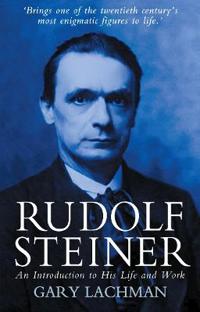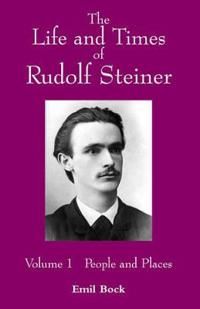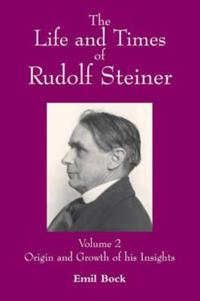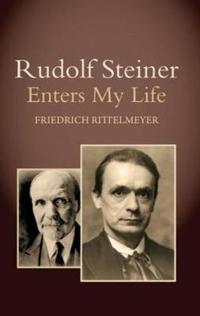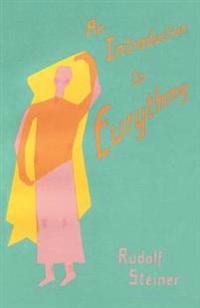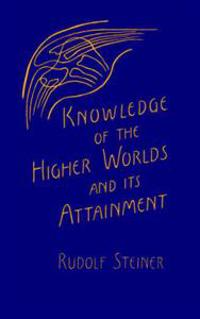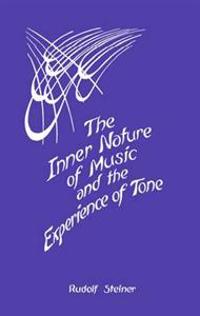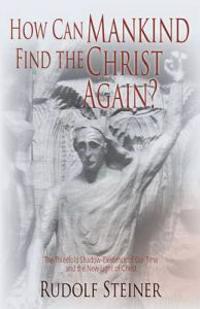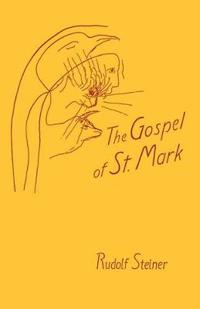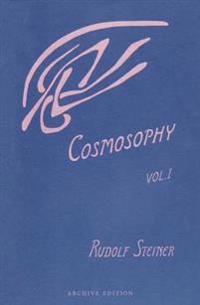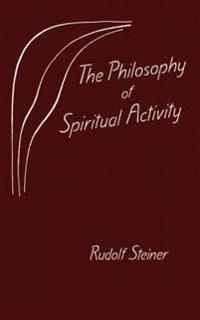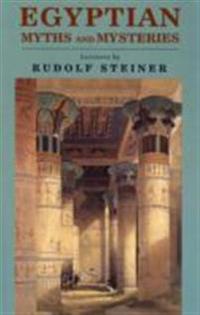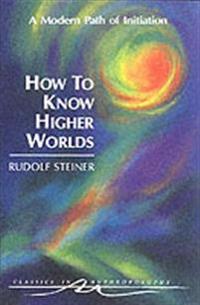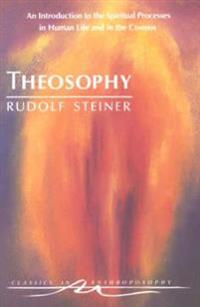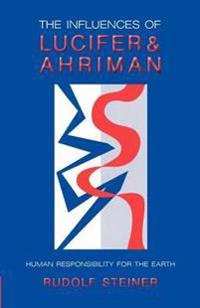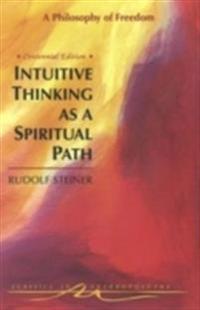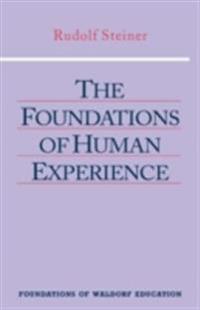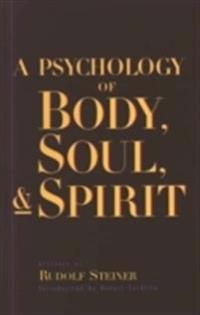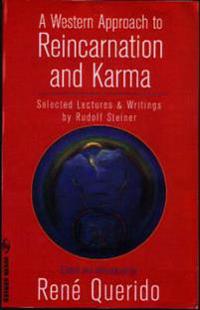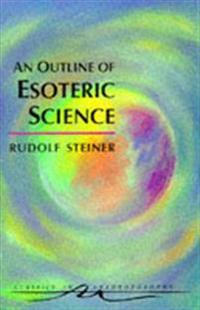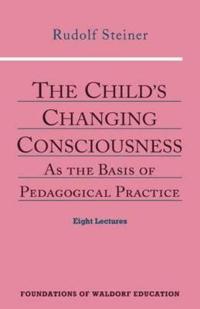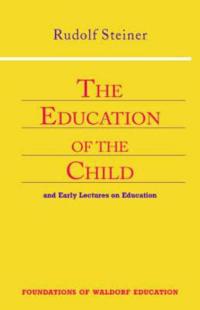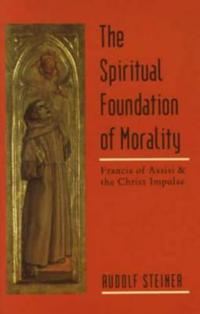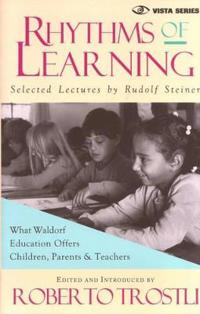Rudolf Steiner (Häftad)
avGary Lachman
ISBN: 9780863156182 - UTGIVEN: 200708Rudolf Steiner - educator, architect, artist, philosopher and agriculturalist - ranks amongst the most creative and prolific figures of the early twentieth century. Yet he remains a mystery to most people. This is the biography of the man behind the ideas, written by a sympathetic but critical outsi[...]
The Life and Times of Rudolf Steiner: Volume 1: People and Places (häftad)
ISBN: 9780863156588 - UTGIVEN: 2008-09Emil Bock lectured widely on Rudolf Steiner after World War II. During the course of his research, he uncovered many previously unknown aspects of Steiner's life. The Life and Times of Rudolf Steiner, the first of two volumes, explores the great range of people who surrounded and influenced Steiner[...]
The Life and Times of Rudolf Steiner, Volume 2: Origin and Growth of His Insight (häftad)
ISBN: 9780863156847 - UTGIVEN: 2009-07Following World War II, Emil Bock lectured widely on Rudolf Steiner, and, during the course of his research, he uncovered many unknown aspects of Steiner's life. This book, the second of two volumes, explores themes and ideas in Steiner's work, as well as the nature of destiny. Topics covered in th[...]
Rudolf Steiner Enters My Life (Häftad)
avFriedrich Rittelmeyer
ISBN: 9780863159589 - UTGIVEN: 2013-01"Am I going too far if I declare that not a single one of the opponents took a tenth of the pains I took with anthroposophy before I joined the movement?" -- Friedrich Rittelmeyer Born in southern Germany in 1872, Friedrich Rittelmeyer was a leading figure in the Lutheran church at the beginning of [...]
Knowledge of the Higher Worlds and Its Attainment (Häftad)
avRudolf Steiner
ISBN: 9780880100465 - UTGIVEN: 194701The Inner Nature of Music and the Experience of Tone (Häftad)
avRudolf Steiner
ISBN: 9780880100748 - UTGIVEN: 198306How Can Mankind Find the Christ Again? (Häftad)
avRudolf Steiner
ISBN: 9780880100793 - UTGIVEN: 1984-09The Philosophy of Spiritual Activity (Pocket)
avRudolf Steiner
ISBN: 9780880101561 - UTGIVEN: 1986-11How to Know Higher Worlds (Häftad)
avRudolf Steiner
ISBN: 9780880103725 - UTGIVEN: 199403A comprehensive manual describing the methods of inner-development.
Theosophy (Pocket)
avRudolf Steiner
ISBN: 9780880103732 - UTGIVEN: 199401An Introduction to the Spiritual Processes in Human Life and in the Cosmos.
The Influences of Lucifer and Ahriman (Häftad)
avRudolf Steiner
ISBN: 9780880103756 - UTGIVEN: 1993-05In these lectures, Steiner focuses on the vital task of developing the proper orientation toward a free spiritual life. With great compassion and understanding, he offers telling examples of how humanity must walk a conscious middle way between the two tempting powers of Lucifer and Ahriman. He desc[...]
Intuitive Thinking as a Spiritual Path (Häftad)
avRudolf Steiner
ISBN: 9780880103855 - UTGIVEN: 199501The Foundations of Human Experience (Häftad)
avRudolf Steiner
ISBN: 9780880103923 - UTGIVEN: 199612A Psychology of Body, Soul, & Spirit (Pocket)
avRudolf Steiner
ISBN: 9780880103978 - UTGIVEN: 1999-05A Western Approach to Reincarnation and Karma (Pocket)
avRudolf Steiner, Rene M. (EDT) Querido, Rene M. Querido
ISBN: 9780880103992 - UTGIVEN: 1997-01An Outline of Esoteric Science (Häftad)
avRudolf Steiner
ISBN: 9780880104098 - UTGIVEN: 199804An inexhaustible source of insight into cosmic and human destiny.
The Child's Changing Consciousness (Häftad)
avRudolf Steiner
ISBN: 9780880104104 - UTGIVEN: 2004-02Education of the Child (Häftad)
avRudolf Steiner
ISBN: 9780880104142 - UTGIVEN: 199605As early as 1884, while tutoring a boy with special needs, Steiner began a lifelong interest in applying spiritual knowledge to the practical aspects of life. Steiner originally published the essay at the core of this book in 1907. It represents his earliest ideas on education, in which he lays out [...]
The Spiritual Foundations of Morality (Häftad)
avRudolf Steiner
ISBN: 9780880104258 - UTGIVEN: 199602

